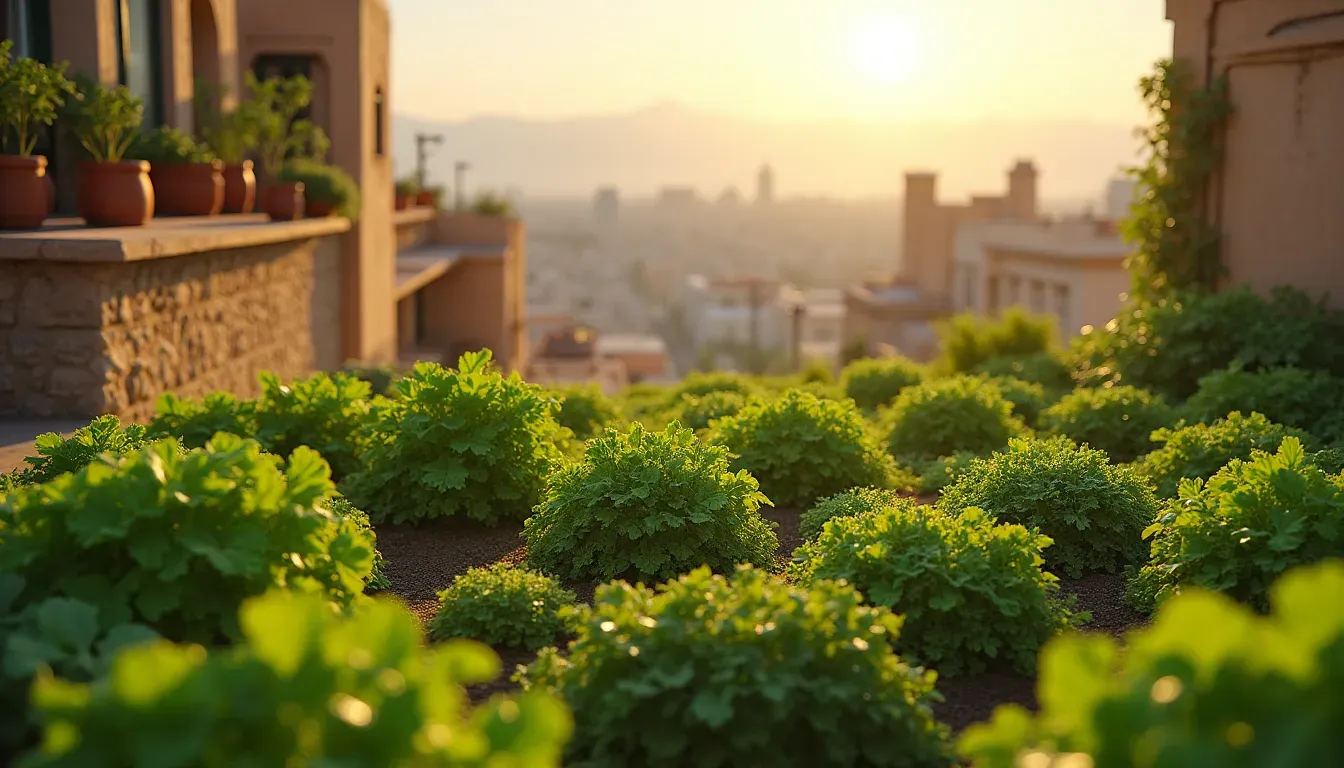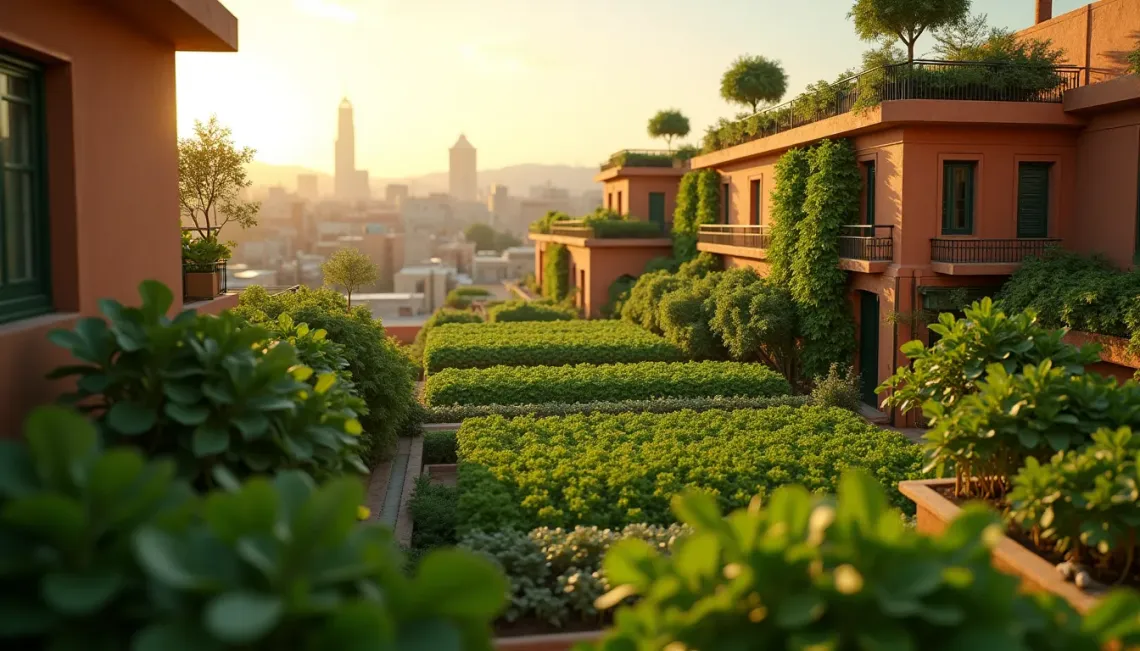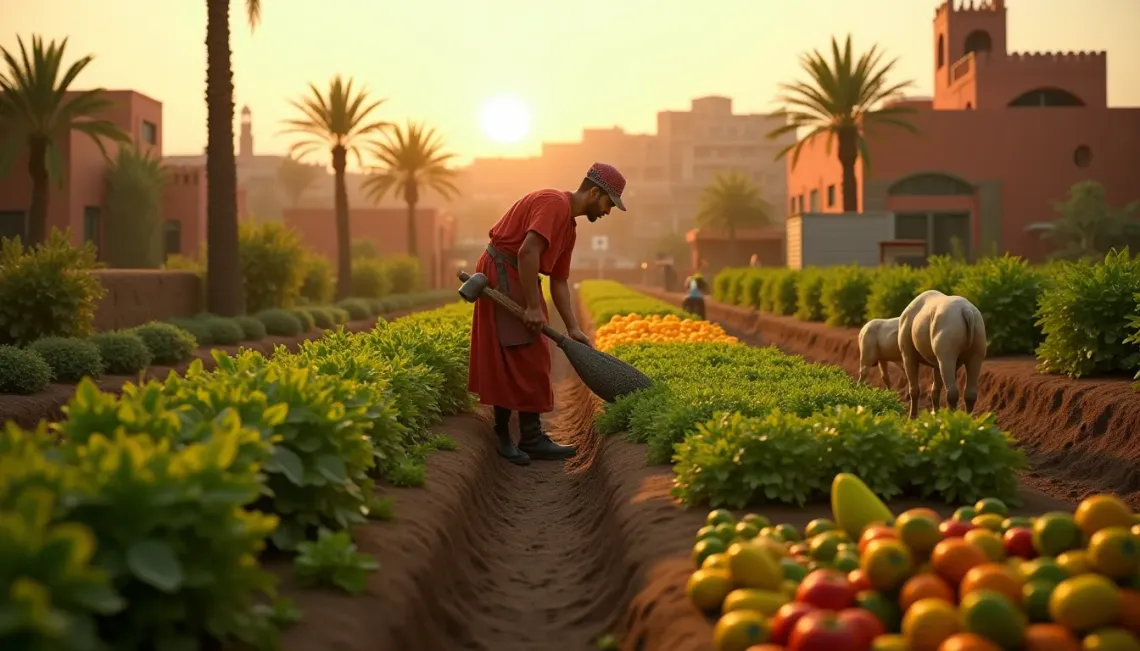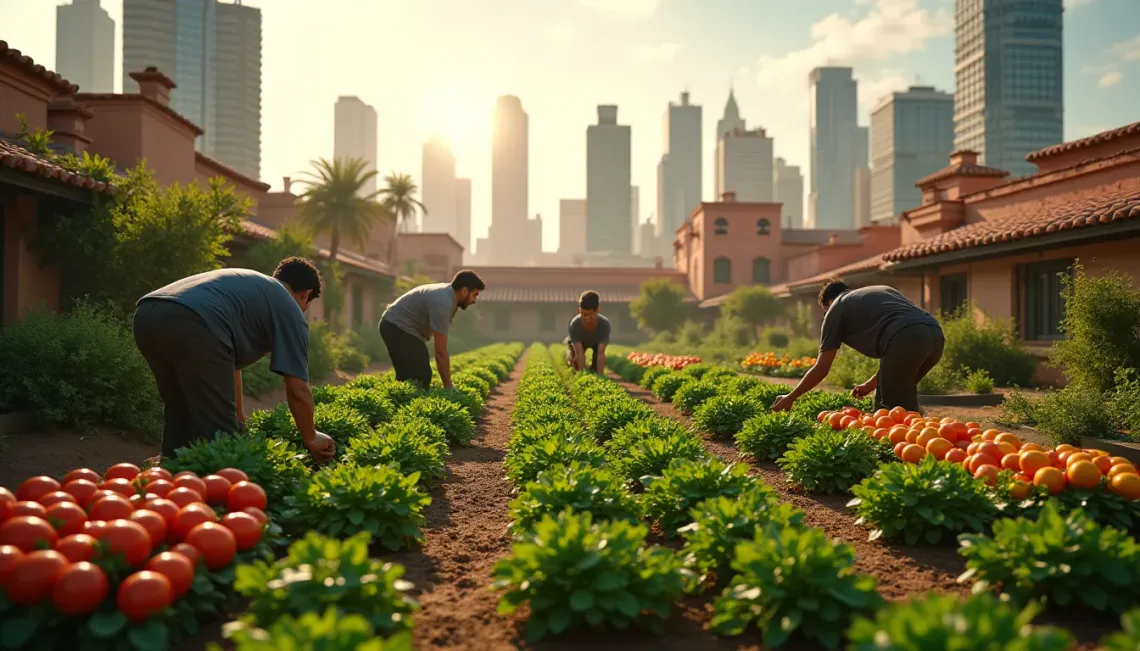Urban Farming in Morocco: Fostering Sustainable Growth
Urban farming in Morocco is becoming an essential facet of how the nation is transforming its urban spaces into green cities. As populations grow and urbanization intensifies, Morocco has embraced this sustainable agriculture practice to enhance greener, healthier lifestyles.
The Rise of Urban Farming in Morocco
In recent years, Moroccan cities have witnessed a remarkable rise in urban farming initiatives. The integration of sustainable agriculture into urban settings reflects Morocco's commitment to fostering sustainable cities and supporting its local communities.
Key Benefits of Urban Farming
- Environmental Impact: Urban farming helps reduce the heat island effect, improve air quality, and encourage biodiversity.
- Economic Benefits: It creates job opportunities and supports local economies through the sale of locally grown produce.
- Social Contribution: Community gardens and urban farms foster social interaction and collaboration among city residents.
Implementing green cities through urban farming is proving to be a valuable strategy for achieving healthier lifestyles in Morocco and beyond.
Strategies and Approaches
Adopting diverse strategies, Morocco is leveraging its urban spaces efficiently. Rooftop gardens, vertical farming, and hydroponic systems are some of the cutting-edge methods being employed to maximize space and productivity.
Promoting Sustainable Agriculture
Sustainable agriculture remains at the heart of urban farming practices in Morocco. By utilizing environmentally friendly methods, such as organic pest control and water conservation techniques, these practices ensure long-term feasibility and maintain ecological balance.
Challenges and Solutions
Despite numerous advantages, urban farming in Morocco faces distinct challenges. Limited space, water scarcity, and financial constraints can impede growth. However, innovative solutions such as recycling wastewater for irrigation and government incentives are addressing these obstacles effectively.
Supporting Initiatives
The Moroccan government, along with NGOs and private entities, has introduced a variety of programs to support urban farmers. These include training workshops, grants, and accessible resources to encourage widespread adoption and success of urban farming.
The Future of Urban Farming in Morocco
As urban farming continues to gain momentum, its role in transforming Morocco into green cities is undeniable. By promoting healthier lifestyles and fostering sustainable agriculture, urban farming is set to redefine urban living in Morocco.
Furthermore, integrating urban farming into educational curriculums and expanding awareness initiatives can enhance community engagement and ensure the continuity of these positive changes.
Urban farming in Morocco serves as a beacon of hope for building sustainable and resilient cities. As more people recognize its value, the nation can look forward to greener urban spaces and healthier lives.
In conclusion, urban farming is revolutionizing how Moroccan cities grow and sustain themselves. By integrating sustainable agriculture into everyday life, it is paving the way for a future where green cities and healthier lifestyles coexist seamlessly, benefiting both people and the planet.




